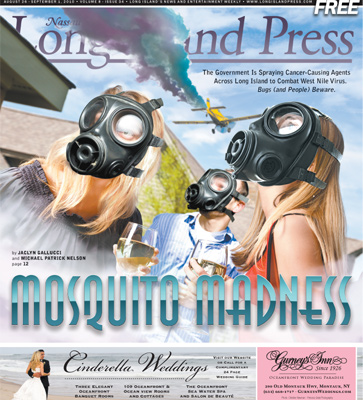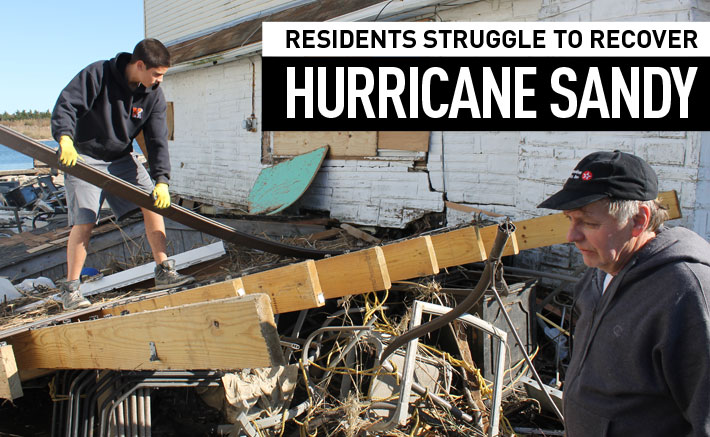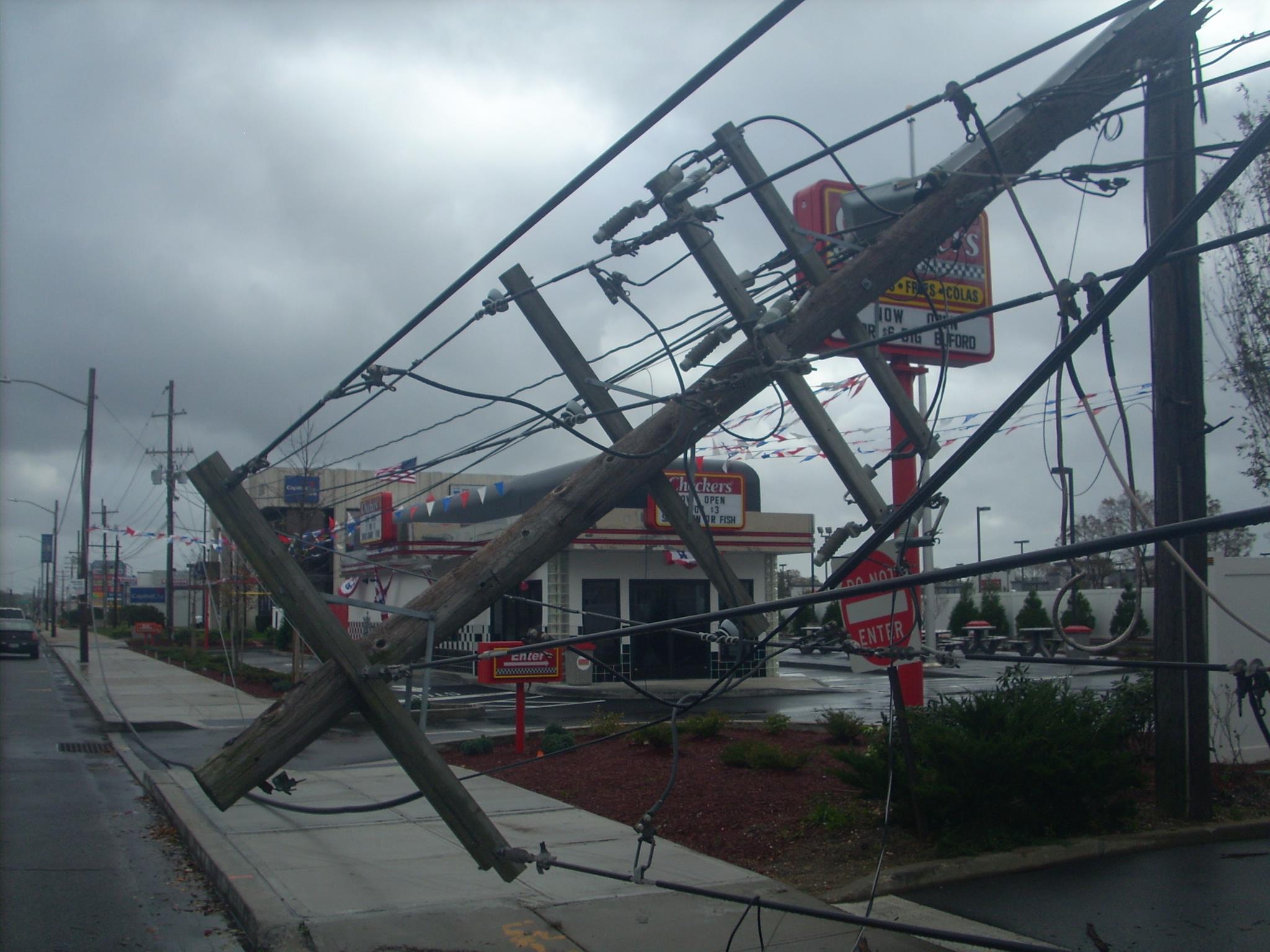
According to Michael Gochfeld, professor of environmental and community medicine at the Robert Wood Johnson Medical School and School of Public Health in New Jersey, “Based upon experience with other West Nile Virus epidemics, we know that typically less than one-tenth of one percent of people bitten by infected mosquitoes develop any clinical signs of disease.”
He says oftentimes counties spray as a knee-jerk reaction, because they have to do something proactive to allay fear in the community.
“Often, when people think of mosquito control, their first thought is pesticide spraying,” says Gochfeld. “This is obviously what politicians thought of first when West Nile virus was discovered in New York. Indeed, pesticide spraying can reduce local outbreaks of mosquitoes temporarily, but populations recover quickly and over the long-term pesticide resistance emerges.”
The use of pesticides to eliminate adult mosquitoes is a last resort, and should be used only as an interim measure when and where there are large infestations of mosquitoes in close proximity to human populations, according to recommendations from the U.S. Centers for Disease Control and the World Health Organization.
“Widespread spraying was conducted in the New York metropolitan area, even at a time when mosquito populations were declining naturally due to cool weather,” says Gochfeld. “Pesticide advocates asserted, incorrectly, that these pesticides used were innocuous to humans and pets and ignored outcries about the harm to non-target species.”
No Spray Zone
In Suffolk County, a law was passed in 2006 that protects those who do not want their properties sprayed—like organic farmers, and those with vegetable gardens in their backyards who prefer to grow pesticide-free. Suffolk County had adopted a law in 2001 creating a “no-spray” registry for people who do not want their property subject to adult mosquito control. The 2001 law requires Vector Control—the Public Works department in charge of spraying—to “make a good faith effort to exclude each registrant’s property by stopping adulticide spraying from trucks within a preset distance of either side of the registrant’s property.”
The 2006 law does not apply to treatments conducted as a response to a public health emergency, as determined by the Commissioner of Health. That means when treatment is needed to respond to West Nile Virus or other mosquito-borne disease, all properties in a treatment area will be covered.
No such laws exist in Nassau County.
“I had a guy call me, and he was literally crying,” says Wood. “He grows figs, and he has figs all over his property. In 2008, the last time they sprayed, he says he climbed up as far as he could and just grabbed as many figs off his trees as he could.”
In 2008, his property wasn’t sprayed until September. But spraying this year began in June, leaving no time for his figs to ripen.
“This year he is going to lose his entire fig crop because they aren’t ripe yet,” says Wood. “His entire crop of figs is gone because of the spraying they did for West Nile. This guy who has tended his fig trees and taken care of them and wrapped them in burlap every winter and fertilized them and pruned them; he’s so upset, you have no idea.”
And while the county handles source reduction on public property, those against the spraying agree that education on source reduction for individual residents, especially those over the age of 50 and those with prior health conditions or weakened immune systems, is the best way to combat West Nile Virus. Getting rid of all standing water on their property, making sure roof gutters drain properly, keeping swimming pools chlorinated and their covers free of stagnant water, and changing the water in birdbaths every two or three days, they say, will significantly lower the chances of human infection.
“I just pretend that I’m the public,” says Wood. “Did I see it in any publications anywhere? Did I get notified? Was there any kind of effort locally? Did our assemblymen, did our legislators, send out information? I didn’t get it. I didn’t get anything about source reduction. All of this should have been done early on by the county health departments, and I don’t really like to slam them. I don’t want to come down hard on them. I just want to say that the appropriate use of resources is for education on source reduction. Because they did this with a very heavy heart, they did not want to do this but, you know, they did it anyway.”







